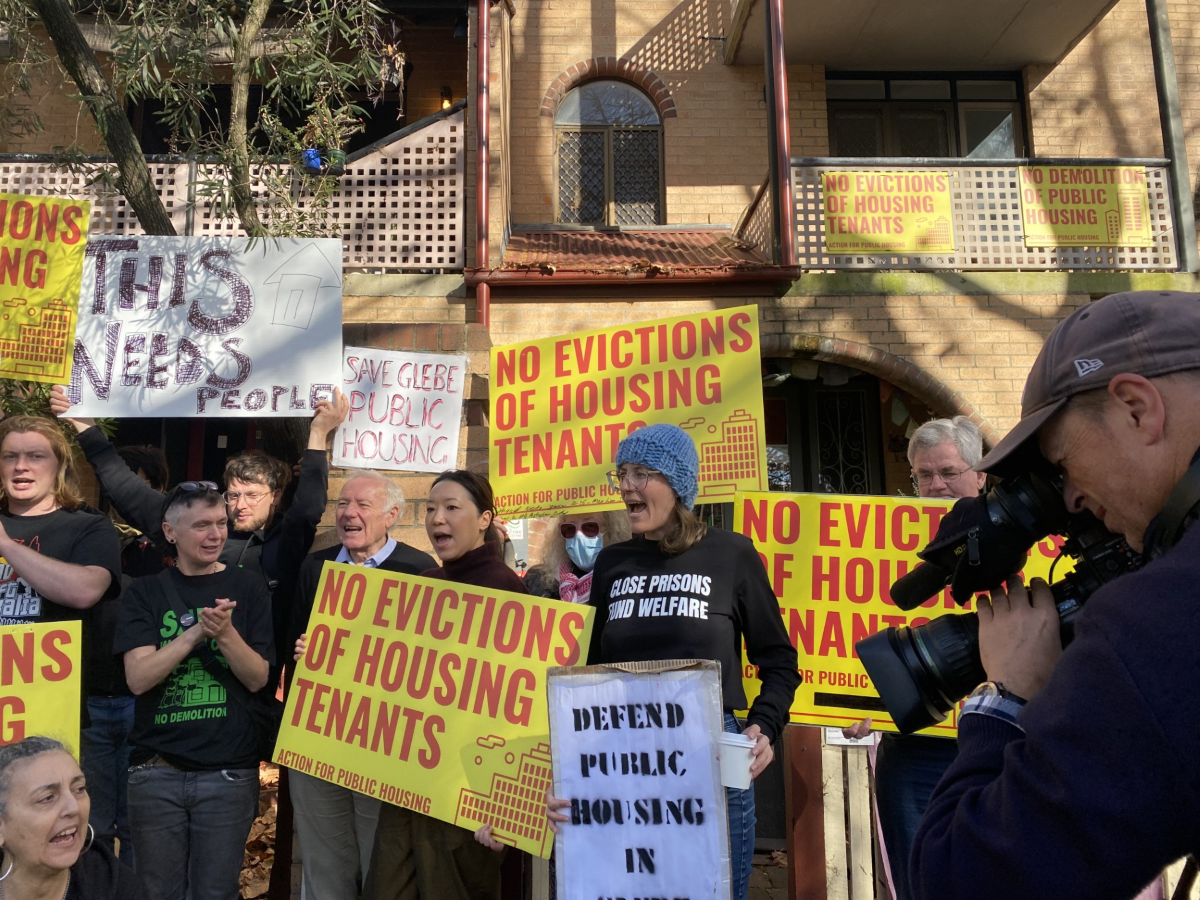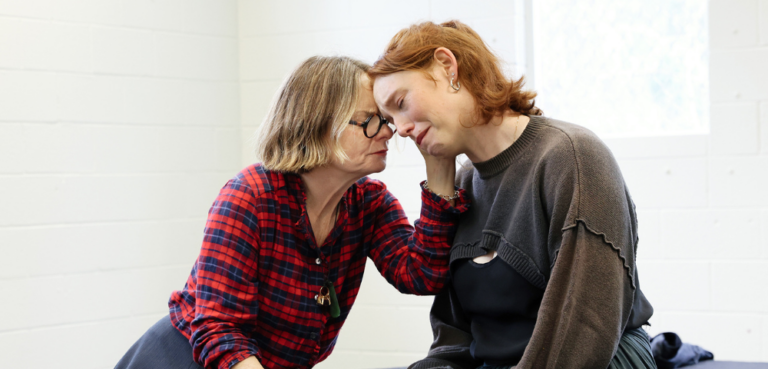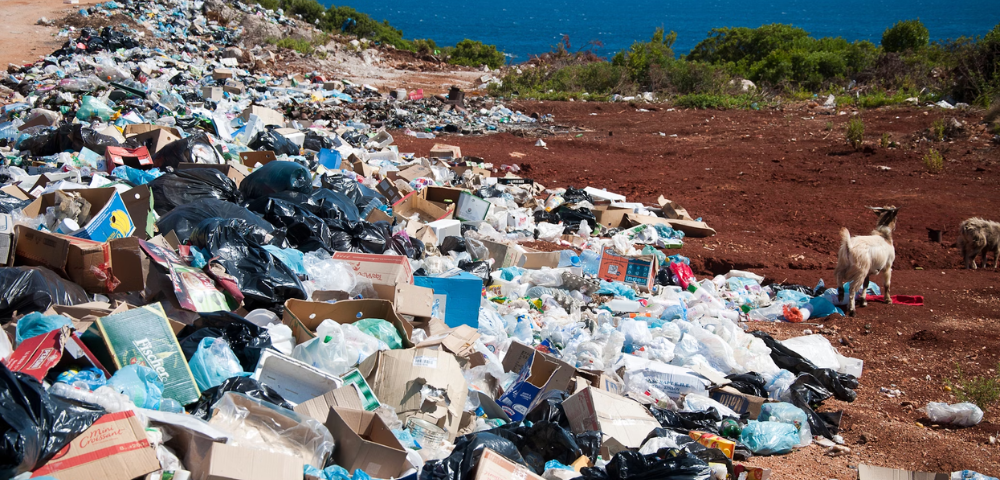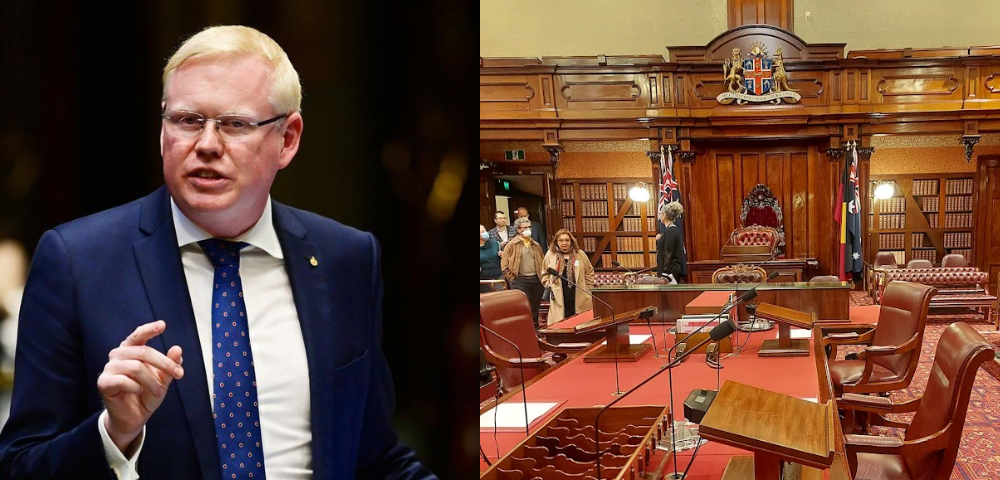
‘Social mixing is social cleansing’: Protestors occupy Glebe public housing slated for demolition

Image: Protesters outside of the vacant public homes at 82 Wentworth Park Road. Image: Wendy Bacon
By ROBBIE MASON
Activists have stormed and occupied vacant public homes at 82 Wentworth Park Road, Glebe, with ladders and sleeping bags overnight, following a snap protest by local residents and activists.
The ongoing protest is a response to the planned demolition of public housing buildings for redevelopment. The development application proposes the construction of an SJB-designed, four-storey affordable residential building.
But protestors want an end to evictions and the construction of more public homes without removing existing housing.
Action for Public Housing organiser Rachel Evans said, “There are no shortage of dwellings across the country to house the homeless and alleviate rental stress. It’s just a matter of political will. The government’s plans don’t live up to what is needed.”
The Perrottet Government announced the privatisation of the Wentworth Park Road site right before the last election but the relocation has occurred “very rapidly,” Evans said.
“They’re moving really fast with the privatisation plan.”
Public housing tenant and Wiradjuri person Carolyn Ienna, a 30-year resident at 82 Wentworth Park Road, received notification last week that they will soon be relocated. Ienna is one of the few remaining tenants.
Ienna expressed frustration and sorrow over the planned demolition.

“Residents of this building have been abused and bullied into leaving. We feel traumatised and are grieving over the deaths of several neighbours during the past year,” they said.
She questioned why homes have gone unoccupied during Sydney’s housing crisis. “The government left homes vacant for months before the redevelopment was announced. Now, with most of my neighbours gone, it feels like I don’t have a community anymore, and I am barely sleeping.”
So far activists and tenants have not received a hostile response from the police
According to Evans, police have dropped by and asked if the protestors “were damaging the apartments.”
“Of course we are not,” she said.
“We want people to live in the apartments and we would rather the Department of Housing come in, maintain them, refit them and then put people in. That’s one of our demands. So we’re keeping them all spick and span.”
Directly across the road, however, it’s a different story.
“In Wentworth Park there’s a homeless community that sleeps under the tram bridge,” Evans said.
“They’re being moved by the end of this month. Their belongings are being picked up by the cops. As we speak, police are going through the camp. That is because Blackwattle Bay has a development proposal for high-rise apartments overlooking the bay.”
One of those rough sleepers used to live in the public housing complex at 82 Wentworth Road, Ienna explained to City Hub.
“He lived here on and off for two years. He couldn’t keep his tenancy for a lot of reasons – poor mental health and no support services. It was right at the very end of his tenancy that someone turned up. By that time he had ended up in jail,” Ienna said.
“We don’t see the support services that are supposedly available for everyone.”
Evidence of lead in soil
In some cases, support has threatened the quality of life at 82 Wentworth Park Road. When Land and Housing Corporation (LAHC) representatives tested the soil in the back garden while surveying the property several months ago, they discovered evidence of lead.
Instead of negotiating with residents, LAHC ensured the garden’s death, ending community gardening efforts, according to a Honi Soit report from April this year.

Ienna believes the government is evicting public housing tenants to make way for the growing influx of wealthy residents. “We have loved living in this area but feel that we are being pushed out of our homes because other wealthier people want to live here.”
Protestors are not just fighting to prevent the demolition and privatisation of the Wentworth Park estate. Their vision is even more wide-reaching.
As Evans said, “We want to eliminate homelessness and we have the means to do it.”
Ienna questioned the reasoning behind the demolition. “If they want more units, there is plenty of room here in the car park to put in another small building and equal the number of apartments that they [the developers] want. The majority of people who live here don’t drive and don’t have cars. We don’t really need a car park.”
In April this year, a local community group, The Glebe Society, released a statement in which they outlined advice they received from the original architect for 82 Wentworth Road Park, John Gregory.
While the current development application for the site claims that the existing building has reached the end of its useful life, Gregory suggested this was a false claim.
“This is clearly ridiculous given the context (a suburb full of 19th-century housing). The existing building is full brick with cavity party walls for better sound attenuation and concrete floors and stairs – it is a robust building that can easily last the 140 years, most of its neighbours have,” he said.
In Gregory’s estimation, a complete refurbishment of the property will cost $1.34 million. This is a fraction of the $22 million it will cost to install 26 new bedrooms. Demolition alone is slated to cost half a million dollars.
In Ienna’s eyes, the development application is irrational. “With the cost variation, it doesn’t make sense to pull down a perfectly good building.”
Community Support
The protest has received widespread community support. At a 12.30 press conference today, a throng of 50 public housing defenders gathered and listened to speakers from the Antipoverty Centre, Hands Off Glebe, and Pride in Protest. Carolyn Ienna, the University of Sydney SRC president Lia Perkins and City of Sydney Deputy Mayor Sylvie Ellsmore also spoke.
Addressing the pack, Denis Doherty from Hands Off Glebe emphasised the government’s irrationality in allowing public housing to sit empty.
“On Friday nights, you can see a kitchen here. People are being fed while these houses sit empty.”











